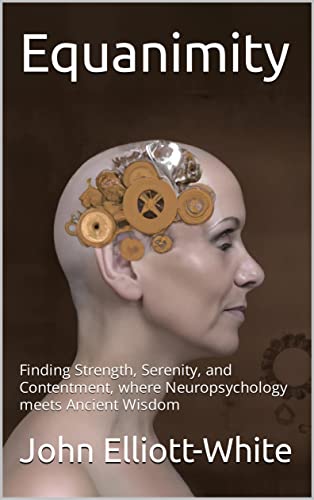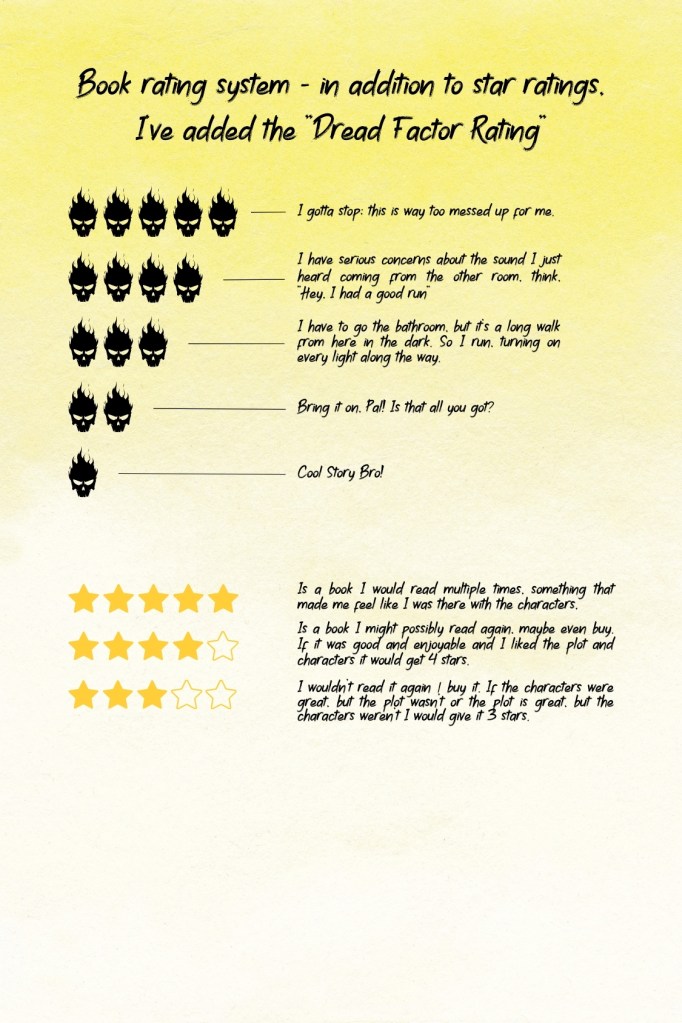Equanimity: Finding Strength, Serenity, and Contentment, where Neuropsychology meets Ancient Wisdom
11 March, 2023

*This post contains affiliate links, so we may earn a small commission when you make a purchase through links on our site at no additional cost to you.
by John Elliott-White
Robin’s Review of Equanimity: Finding Strength, Serenity, and Contentment, where Neuropsychology meets Ancient Wisdom
by John Elliott-White

Equanimity: Finding Strength, Serenity, and Contentment, where Neuropsychology meets Ancient Wisdom by John Elliott-White Revelations of the psychological and neurological reasons why ancient wisdom really works - and how to use it.
We are constantly reminded how prevalent mental health problems of anxiety and depression are in today's world. And yet, even when below levels requiring treatment, almost all of us experience a lower level of mental suffering daily, in the form of worries, insecurities and irritations. We assume this is just part of life ... but it doesn't have to be this way.
Robin's Review: John Elliott-White's Equanimity: Finding Strength, Serenity, and Contentment is a fascinating blend of neuroscience and ancient wisdom. From the depths of modern psychiatry to contemplative traditions that span millennia, this book offers insight into training our brains for greater mental calmness and composure - all to reduce the likelihood of developing depressive or anxiety disorders. An interesting exploration of what it takes to be at peace in today's world! This book is divided into two parts, the first being problems, and the second being solutions. The author states, "The most common mental disorders include two main diagnostic categories: anxiety disorders and depressive disorders," though this is not a complete list. Part One: Problems The author breaks down Treatments into Positive Psychology, Medication, Medical Procedures, and Psychotherapy forms through Cognitive Behavioral Therapy and Schema Therapy. Chapter 3, titled Mind – The Great Deceiver, explains your mind as a computer in Digital versus Cooperative Computing. Part Two: Solutions The author breaks down the following chapters in this part with ideas, examples, and suggested exercises. They are Witnessing, Challenging, Silencing, Acceptance, Gratitude, Releasing, and Acts of Kindness. My favorite quote- "I am fond of saying that always and never are words we should always remember never to use!"
Walk With Me Into the Dark

